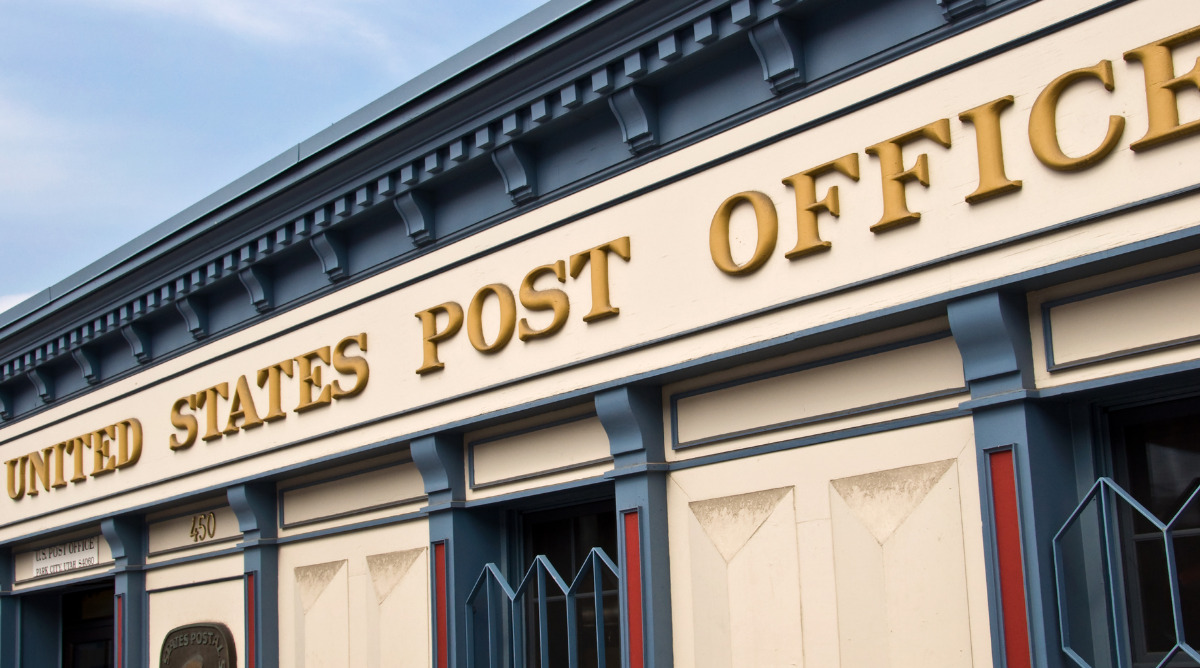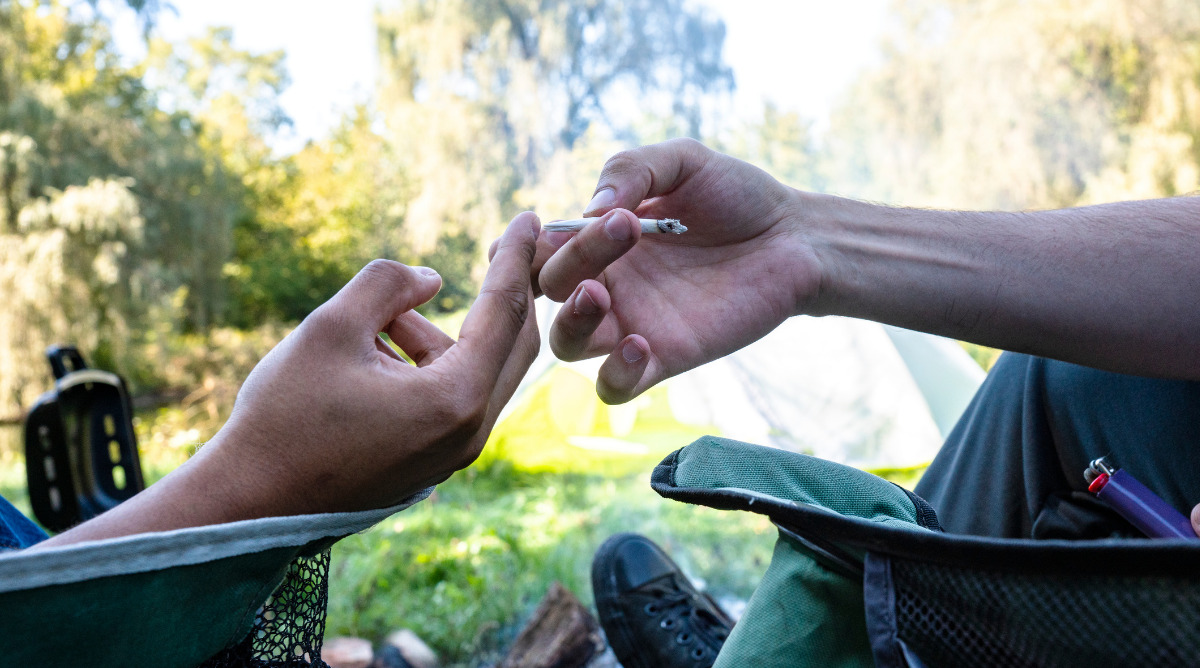
Some people are surprised to learn that you can still be charged with possession. That’s right. Even if you have a medical card, there are a number of scenarios where you can be arrested. And many people aren’t aware of the risks.
First, the moment you step outside your state, the laws that protect your right to use medical cannabis are gone. They are created by your state and apply only to your state of residence. So, when you travel to a new place in America, you aren’t automatically safe to buy, use or possess cannabis. For example, if you were visiting a state where only low-THC cannabis or cannabidiol was legalized, you’d be in trouble. Carrying even small amounts of cannabis in states that have strict over-prohibitive laws can mean a criminal charge.
Some states have reciprocal agreements. And laws that protect medical cardholders that are visiting from another state. But in most cases, the legislation applies to people who live in the state. Visiting where medical cannabis is legal doesn’t automatically protect you.
When you applied to become a registered patient with a medical card, your protections started the moment you were approved. Like, the right not to be arrested for using cannabis at home. And in some states, having a medical card gives you rights that other people don’t have. Like growing your own cannabis at home for medicinal use, for example, that’s a pretty great privilege if you ask us. Or the ability to get medical cannabis delivered to your home. A secure service is provided by dispensaries in states that allow it.
Some states require that patients designate one dispensary to use. Others don’t have that requirement. Medical cannabis laws may require the dispensary to track how much cannabis you buy. And other states use an honor system (and tough possession laws) to police maximum amounts.
If you are traveling across your state but not over the state line, your rights as a medical cannabis patient are protected. But even on your home turf, you can still get into trouble, especially if you aren’t aware of the limits to your protection by law.

Many communities ban use in public places. And smoking cannabis is prohibited everywhere; tobacco use is also banned. And make sure you are not anywhere near a school, a private school, a daycare, middle school, or high school. Never carry or use cannabis products on Federal property. That means any place like the post office to National Parks, and even many commercial airports. Federal land means federal laws override state law. And cannabis is still illegal, according to the feds.
Possession of cannabis on federal property is a felony offense. And when you cross a state line, you may be traveling on a federal highway or road, which is also (you guessed it) a problem if you possess medical marijuana in your vehicle.
You arrive at your destination, and you see the local dispensary is having a BOGO. Yep, buy one, get one free (or discounted weed) is hard to pass up. You have your medical card. Does it really matter how much cannabis you have on you?
Yep. It does. And it is one of the most common ways that medical cardholders get into legal trouble. What is even more perilous is that some states have a weight restriction on THC. So, possession limits may not be simply measured in grams or ounces. And that double-thick magic brownie you bought at the dispensary? Danger.
Be aware of your limit (and stay within it) at home and while you are visiting any other state. Quantity or volume weight will get you a ticket (and seizure of your MMJ) faster than you can say banana nut bud cake.

In some states, if you have a medical card, you can actually give a small portion of cannabis away. The gift is usually around the portion size of a single joint. And the right to give another adult some gift-ganja is legally protected.
As long as the individual is a legal adult. In most states, the age of majority is eighteen (18) years. But there are states where someone is still a minor, until they are age nineteen (19). If you happen to accidentally gift cannabis to a minor, you are going to need a good lawyer. The penalties for the distribution of even small amounts to children are severe.
You know that game of puff-puff-pass? If you happen to pass to someone underage, that also counts as providing cannabis to a minor—exercise extreme caution.
States that have also legalized adult-use (recreational) cannabis legalize extracts. That is concentrated cannabis products, like wax or honey and shatter. Concentrates have the highest THC levels because, well, they are concentrated.
The state you are visiting may have a maximum THC potency cap. Some states are proposing a mandatory cap of 15% THC. Other states have a 30% THC limit. However, concentrated cannabis can start at a 45% THC potency.
If you are in a low-THC or no THC jurisdiction with concentrates, things could get legally scary. The highest legal penalties are reserved for manufactured cannabis products. That means concentrates, edibles, and even vape oil.

Did you know some states only allow clinical-grade cannabidiol (CBD) for approved patients? If you are traveling with a medical card to a place with a ban on bud, you aren’t going to be protected at all. You are breaking the law. Some states have not legalized edibles. This may catch you off guard when you visit a dispensary. Wait! What? There are no edibles for sale? What if that is the only type of cannabis that works well for you?
The local dispensary will tell you what products are allowed. And which cannabis products are also banned. If you only purchase medical marijuana from a dispensary when you arrive, you can’t really get into trouble. They won’t sell you anything that is not legal to use. Again, just watch the amount that you buy.
Lawmakers know that Americans like to travel. And they understand that patients rely on medical cannabis for symptom relief. So, to accommodate traveling with a medical card, states have created reciprocal agreements with each other.
Some of the states (not all) will simply recognize an out-of-state medical card. Providing it is not expired and that the patient has another type of valid photo ID. You will be required to present both at the dispensary in order to purchase medical marijuana. Other states require that you apply and register as a temporary visitor. For example, in Oklahoma, patients visiting can apply for a thirty (30) day medical card. You can apply in advance so that you will have your certification for your visit. That enables tourists in Oklahoma to be served by local medical dispensaries.
Reciprocal agreements between states can change. So, your best bet is to visit the website for the medical cannabis authority before you travel with a medical card. Give them a call, and find out about the laws (possession limits, etc.) and about any other restrictions. Make memories (not bail) during the holiday season. Stay informed about the medical marijuana laws at home and where you travel.
Images: Canva | Deposit Photos
No Information on MarijuanaDoctors.Com should be used to diagnose, treat, prevent or cure any disease or condition. You can view our Full Disclaimer here.